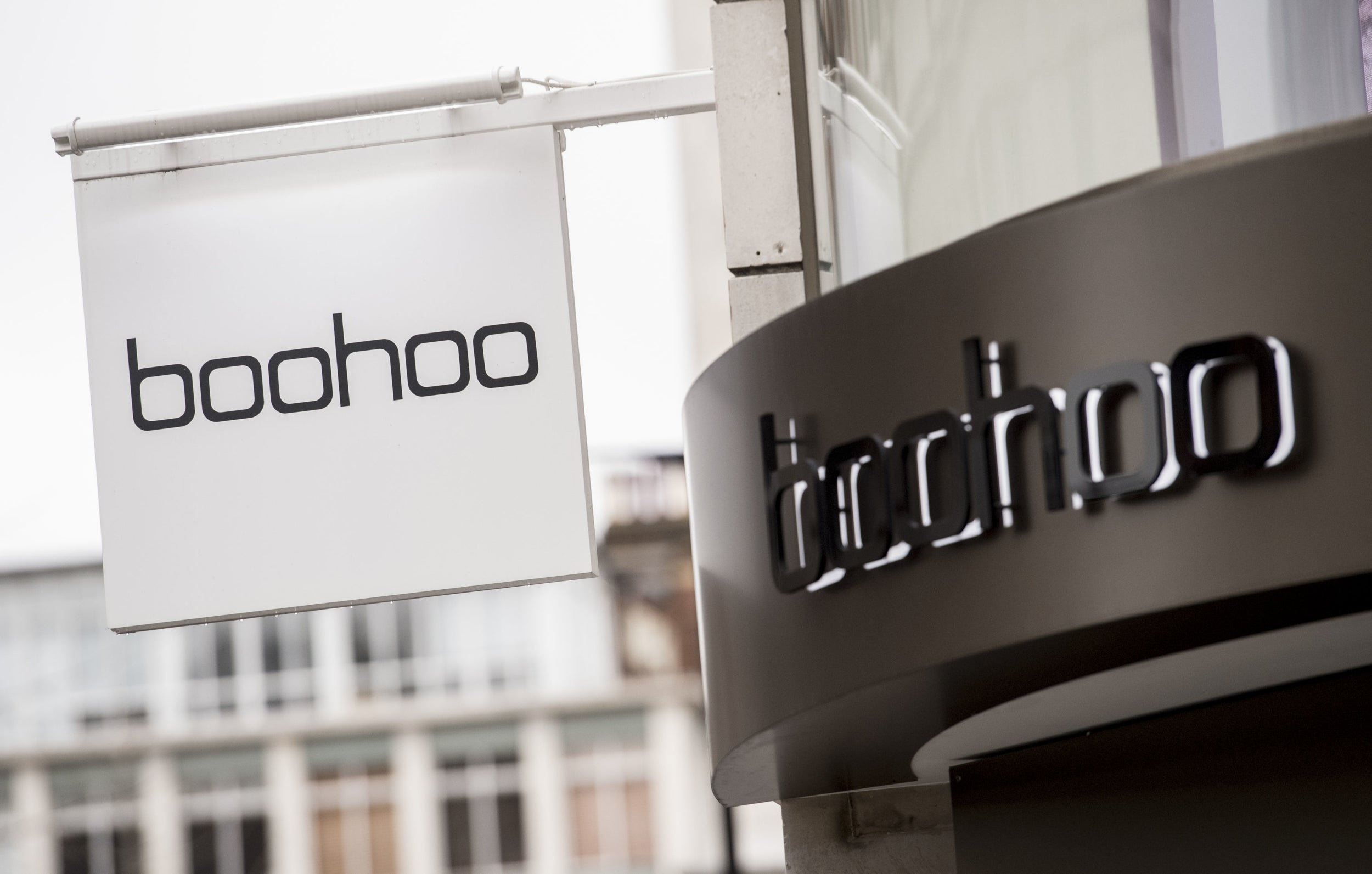Big companies want us to believe they care about the environment, society and governance. But do they?
Despite the warm words of spin doctors and glossy sections in their annual reports, business leaders much prefer to talk about ESG than take meaningful steps towards improving their records, writes James Moore


Modern business leaders really do care about ESG, you’ve got this wrong.”
This is something I often hear when I express cynicism about their efforts when it comes to those three letters – which stand for environmental, social, governance – and to which big investors are increasingly paying attention.
Corporate spin doctors insist that their bosses recognise that there is such a thing as society and that their businesses have a role in it. It’s not just about the money. Even though, for most of them, it is.
To be fair, a recent survey I participated in does seem to reflect a rise in ESG consciousness.
It’s a regular poll of the financial media, seeking views on a range of companies and business issues. Questions about ESG were quite prominent in the latest iteration.
Yet still I have reasons to doubt.
Take Tesco, which held its AGM last week. Pirc, the voting adviser, recommended that clients oppose the grocer’s remuneration policy – votes on which have teeth, unlike related votes on remuneration reports. These are advisory (and Tesco lost one in 2020).
Pirc objected to the latest policy update because it said executive bonuses remain excessive. It justifiably criticised the maximum award available through various schemes which racks up to 600 per cent of salary, a total of £11m in the case of CEO Ken Murphy.
However, it was also unhappy at what it felt were the lack of non-financial performance measures attached to the lucrative Performance Share Plan, for example.
“The focus of remuneration policy is not the operational performance of the business as a whole, or the individual roles of each of the executives in achieving that performance. It’s solely aligned to financial key performance indicators,” said Pirc.
As the organisation pointed out, these frequently include “factors beyond an individual director’s control”.
In the end Tesco easily won the vote. But Pirc’s point was still well made.
I would raise an additional issue: there was no mention of ESG in Tesco’s remuneration report. The grocer doesn’t appear to view it as sufficiently important to make it a part of its bosses’ pay calculations.
This, remember is a big, famous, consumer-focused company. If it doesn’t think it is worth including a nod to ESG in its executive pay packages, why would anyone else?
It’s true that there is a debate about whether it is possible to effectively make ESG a part of a CEO’s pay packet. For example, how do you create metrics against which performance can fairly be judged?
Critics also question whether it’s really possible to encourage good, or at least ESG-friendly, behaviour among CEOs by means of reward packages, which are, as a rule, highly complex and seem designed to pay out huge sums come what may.
This is all summed up by the phrase “rewards for failure”. Despite a succession of scandals generating more negative media coverage than a posse of drunken celebrities trashing night clubs, these are still depressing common.
It’s worth noting that Tesco has issued an ESG-linked bond, which it could point to as a statement of intent. Still, including ESG criteria as part of its CEO’s reward package, which some companies do try to do, would send out an important message. It says: “This matters and we’re trying to take it seriously.”
It isn’t just in matters of remuneration where companies are being called to account over ESG.
Another large, consumer-facing company, Tesco’s big rival Sainsbury’s, is facing criticism from Pirc ahead of this week’s AGM.
Pirc recommends an abstain vote on the re-election of non executive director Jo Harlow, who “is considered accountable for the company’s ESG programme and the company’s sustainability policies”. Pirc doesn’t believe that these are “adequate to minimise the material risks linked to sustainability” in practice.
So… lip service.
It is worth pointing out that bad press – and angry comments from MPs – generated by things going wrong on the ESG front has proven to be an effective tool in prodding companies into moving themselves.
Fast fashion retailer Boohoo drafted in retired judge Sir Brian Leveson to help oversee an overhaul of its supply chain and improvements in the sustainability of its business after it was rocked by scandals over the pay and conditions of people producing its garments in the UK and overseas.
Sir Brian was complimentary about the company’s efforts in a recent report, although it should be said that another report, by the Royal Society for the Arts, said the company had an awful lot to do to meet its ambitious looking sustainability targets.
ESG has surely moved up the corporate agenda and businesses leaders are at least paying attention. And they do like to talk about it. They do it a lot. But I still don’t think it’s unfair to say they largely prefer that to taking meaningful action.
Join our commenting forum
Join thought-provoking conversations, follow other Independent readers and see their replies
Comments